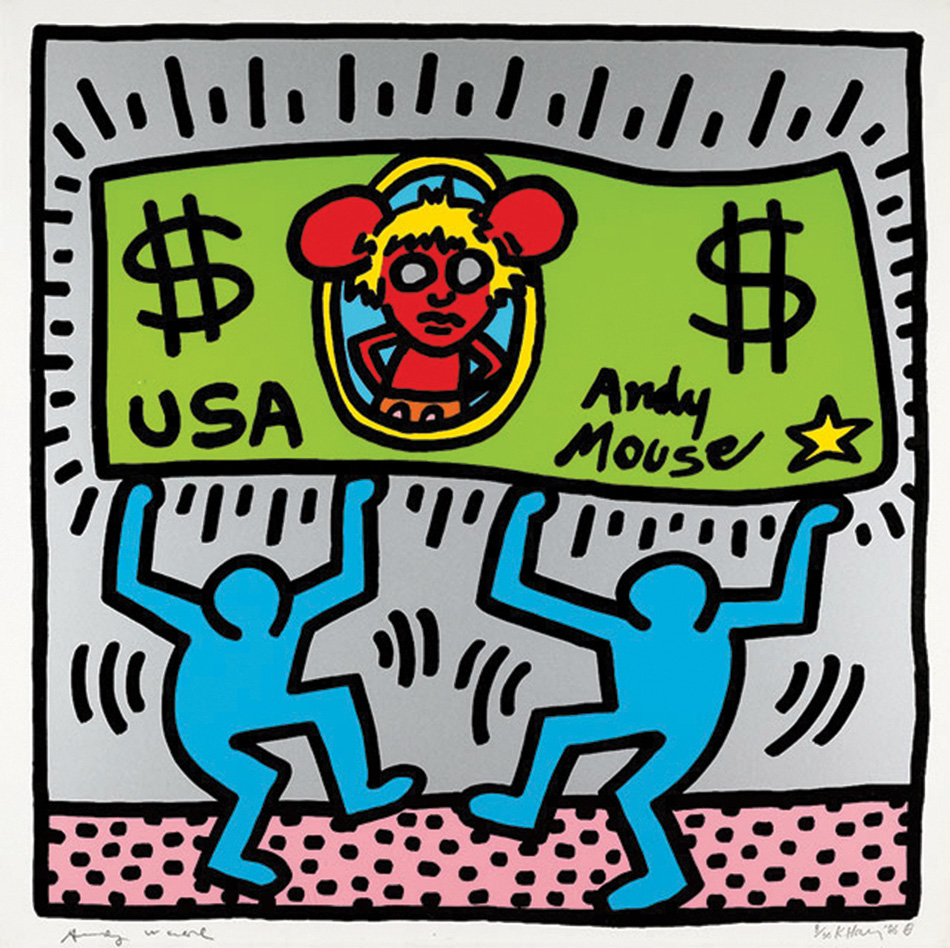True Grit
Have you got what it takes to be a millionaire? Do you have to be born rich, born greedy or? John Baker examines the desire and drive to make serious money.

“When I first started the business, my mom was still tucking me in at night.” Emil Motycka started mowing lawns at 8 years old. At 13, he took out his first loan: $8000, to purchase a commercial lawn mower. At 14, he purchased a truck. He’s now making millions. Evan started a YouTube channel called EvanTube when he was just 8 years old. Now he is making approximately $1.3 million a year from his channel, with over a million subscribers. Not surprisingly, his videos are about reviews of toys and other games. Yes, you can get rich talking about Minecraft, Angry Birds and Legos!
It is easy to label these kids as child prodigies. This is because of a deeply ingrained “us vs them” mentality that the middle class have. Middle class people are usually folks who have a solid education, excellent soft and hard skills and earn enough to make a comfortable living. Yet, the lingering feeling of most of them is that the rich keep getting richer while the average middle class is stuck in the same old spot. A quick calculation will reveal that even saving more than 50% of an above-average monthly pay cheque for the rest of your working life won’t get you even close to becoming a millionaire. And even if you are determined to live a frugal existence and somehow reach millionaire level by retirement, don’t we all want that money now, early in life when we are at the best of our health?
The most common myths about millionaires is that they were born rich or that they are incredible geniuses. Thomas C. Corley, author of the bestselling “Rich Habits” set out to debunk these myths by spending five years researching the daily habits of 177 self-made millionaires. His conclusion is that we have much more control of our destiny than we think. “From my research, I discovered that daily habits dictate how successful or unsuccessful you will be in life,” he writes in his upcoming book ‘Change Your Habits, Change Your Life.’ “There is a cause-and-effect associated with habits. Habits are the cause of wealth, poverty, happiness, sadness, stress, good relationships, bad relationships, good health, or bad health.”
One of the most important habits highlighted in Corley’s book is reading. The rich would rather be educated than entertained. As Corley writes, “Eighty-eight percent of the rich devote thirty minutes or more each day to self-education or self-improvement reading. Most do not read for entertainment: the rich read to acquire or maintain knowledge.” Corley found that they tend to read three types of books: biographies of successful people, self-help or personal development, and history.
Unfortunately our schooling system education is often purely focused on finding a job. But the wealthiest commit to self-education long after they’ve finished university or any formal education. You might think of it as continually updating your mental software.
If you want to be rich, your definition of lifelong education has to be broader than simply reading books. Motivational speaker Jim Rohn famously said that we are the average of the five people we spend the most time with. I urge you to stop and think about this for a moment. Does it apply to you? This relates to the law of averages, which is the theory that the result of any given situation will be the average of all outcomes. When it comes to relationships, we are greatly influenced by those closest to us. This affects our way of thinking, our self-esteem and our decisions. Of course, everyone is their own person, but research has shown that we’re more affected by our environment than we think. This will of course come into play when you are seeking to increase your wealth. “You are only as successful as those you frequently associate with,” Corley writes. “The rich are always on the lookout for individuals who are goal-oriented, optimistic, enthusiastic, and who have an overall positive mental outlook.”
Whichever way you look at it, you can read and mingle with successful people all you want but, ultimately, the single trait that is mostly identifiable in successful millionaires is their determination. In any self-made millionaire autobiographies, you will find that the word “grit” is often emphasised ad nauseam. This is not just a cliché. Life will test you; the road to fortune will always be an uphill battle and the closer to the goal line you get the steeper it becomes. Napoleon Hill, author of the timeless book “Think and Grow Rich” states that the key to staying determined is desire. In one of the most beautiful sentences in his book he writes that “weak desires bring weak results just as a small amount of fire makes a small amount of heat. If you find yourself lacking in persistence, this weakness may be remedied by building a small fire under your desires.” Can we conclude that the only reason that we are not rich is that we don’t desire it enough?
The most important thing to remember about money is that regardless of your education level, IQ score, or grades, the key to riches is in your hands. Money should not be looked at from the perspective of fear and scarcity but from the perspective of reward and abundancy. If you are not rich, maybe it’s time to change the way you think about money. We live in an age where economic inequality is a hot issue and many people go as far as accusing the wealthy of having some sort of unfair advantage. Those are easy accusations to make and they resonate well with some people. But the truth is, there are no unfair advantages. The final millionaire trait I want you to consider is this: millionaires feel that they deserve it. I believe we all do, just as long as we desire it enough








